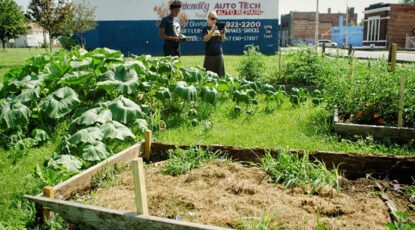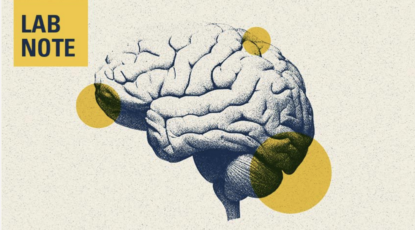Research News
-
Crowdsourcing a time machine
U-M’s Clements Library holds some 60,000 picture postcards dating to the late-19th/early-20th centuries. Vintage photos and scrawled notes open a fascinating window into Michigan’s past. Help make this historic trove digitally searchable.
-
Firearms are now the top cause of death among U.S. youth
Firearms have surpassed motor vehicles as the leading cause of death among children and adolescents in the United States, according to new federal data analyzed by researchers at the University of Michigan.
-
Check out the black hole at the heart of our galaxy
You are viewing the first image of Sagittarius A, the supermassive black hole at the center of our Milky Way galaxy. U-M scientist Mark Reynolds was part of the group to reveal the first direct visual evidence of its presence.
-
Wearables can track COVID symptoms, other diseases
Researchers say wearables could be used to track disease at home or when medical resources are scarce, such as during a pandemic or in developing countries.
-
Most adults want to ‘age in place,’ but few are prepared
From home safety and accessibility to social support, community services, and paid in-home help, a national poll sounds a warning bell. People, it’s time to start planning.
-
COVID-19: Do supplements help?
Professor Mark Moyad, a global medical authority on dietary supplements, reviews outpatient trials that explore whether supplements can help reduce people’s risk of contracting COVID, lessen symptoms, and more.
-
Urban agriculture: Scattering vs. clustering
Detroit’ goal: To benefit more people with improved access to fresh food, community cohesion, and reduced stormwater runoff, while countering gentrification effects that may occur with expanded green space.
-
Half of older adults now die with a dementia diagnosis
The sharp rise may have more to do with better public awareness, more detailed medical records, and Medicare billing practices than an actual rise in the condition, researchers say. Even so, trends in end-of-life care are shifting as diagnoses allow for more advance planning.
-
Dude, what if everything is just … a hologram?
U-M physicist Enrico Rinaldi uses quantum computing and machine learning to understand a heady concept called holographic duality. His work could one day answer the question: What’s inside a black hole?










